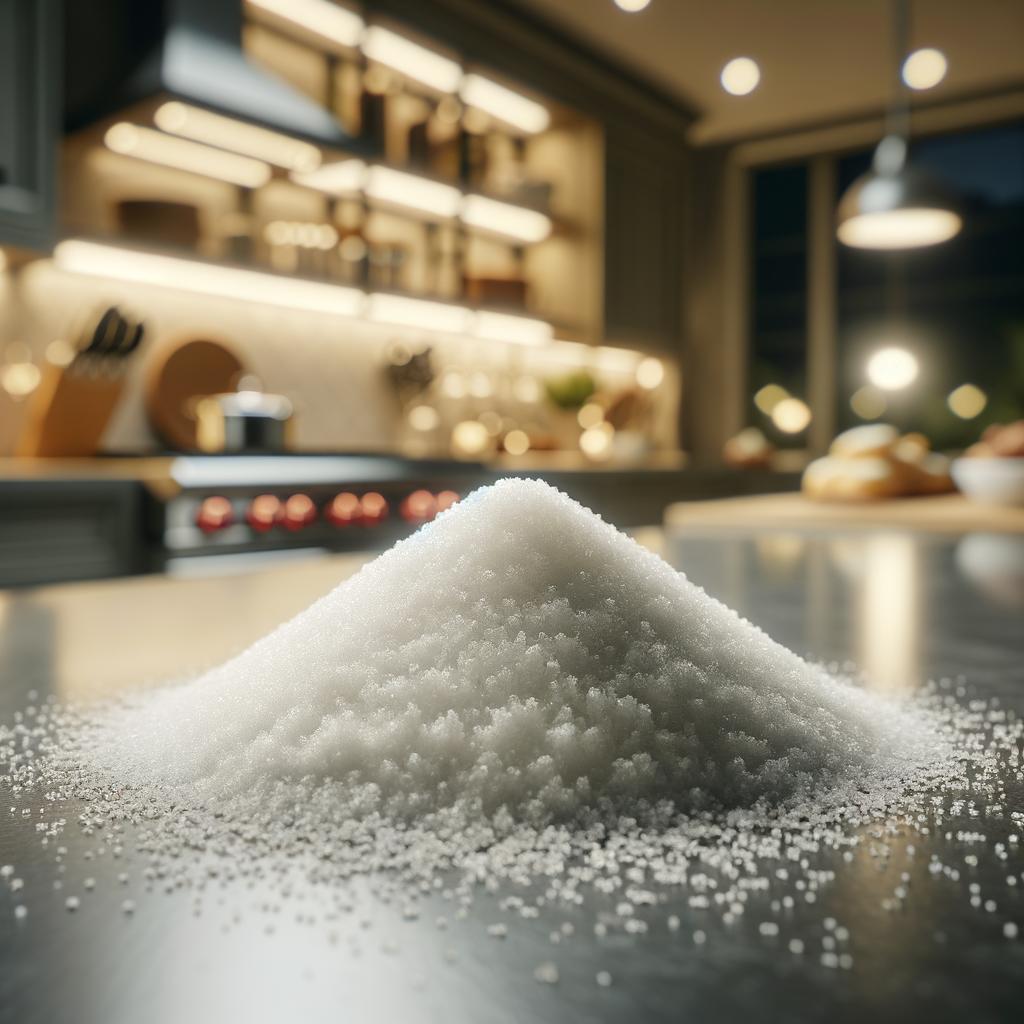Confectioners' Sugar

Description Confectioners' sugar, also known as powdered sugar or icing sugar, is a delightfully sweet ingredient that graces many kitchens worldwide. This delicate sugar is characterized by its fine, powdery texture that feels almost like a soft snowfall in your hands. It has a pure, sweet flavor profile that dissolves almost instantly upon contact with the tongue, creating a heavenly sensation that is simply irresistible. The unique characteristic that sets confectioners' sugar apart from granulated sugar is its ability to melt seamlessly into mixtures, creating a smooth and creamy texture that is unattainable with other forms of sugar.
Primary Uses Confectioners' sugar is a versatile ingredient that is primarily used in baking and dessert preparation. It is the star in a plethora of sweet treats, from the silky icing on your favorite cake to the dusting on top of freshly baked doughnuts. It is also commonly used to sweeten whipped cream, fillings, and frostings. Beyond its culinary uses, confectioners' sugar also plays a role in home remedies, such as creating a paste for bee sting relief. Its cultural significance is undeniable, as it is a key component in traditional desserts around the world.
History The history of confectioners' sugar is as intriguing as its flavor. It dates back to the Middle Ages when sugar was a luxury item and only the wealthy could afford it. The process of grinding sugar into a fine powder was a laborious task, making powdered sugar even more precious. Over time, the production of confectioners' sugar has evolved, and it has become a staple in modern baking. There are many tales associated with this ingredient, including the belief in some cultures that sprinkling powdered sugar on your doorstep will bring prosperity and ward off evil spirits.
Nutritional Information Confectioners' sugar, while delightfully sweet, should be consumed in moderation due to its high calorie and carbohydrate content. However, it does contain trace amounts of calcium and potassium. When compared to granulated sugar, it has a similar nutritional profile, but is often perceived as sweeter due to its fine texture, meaning you may use less of it in recipes. As always, balance is key in maintaining a healthy diet, and while confectioners' sugar may not be a nutritional powerhouse, it certainly adds a touch of sweetness and joy to our culinary creations.

